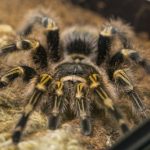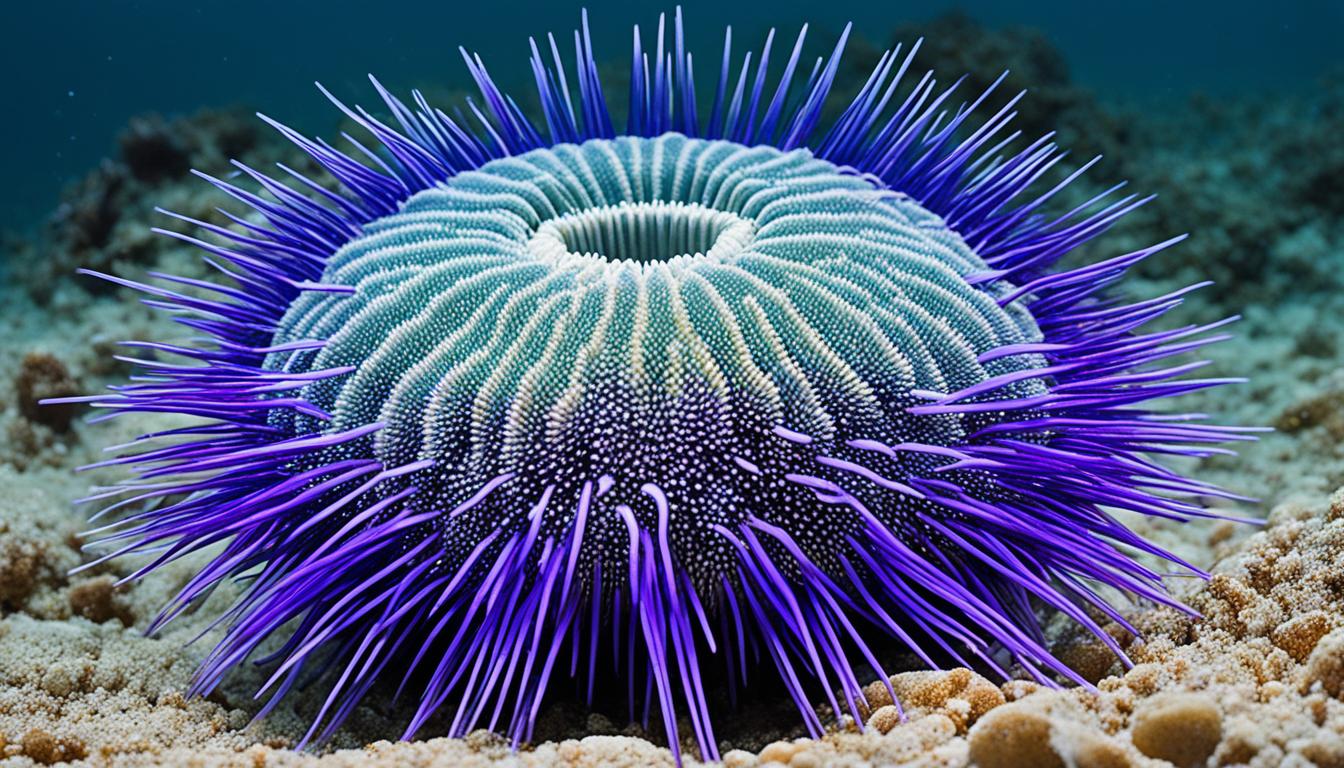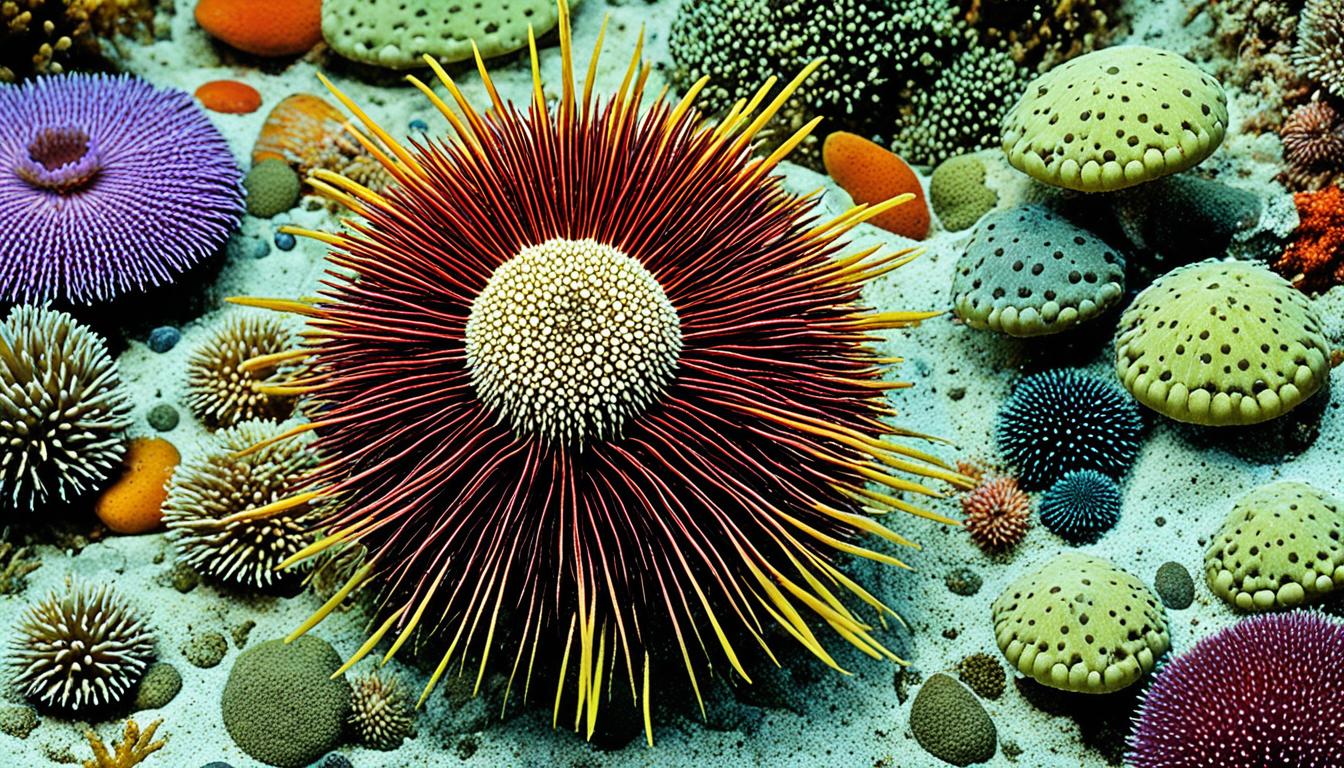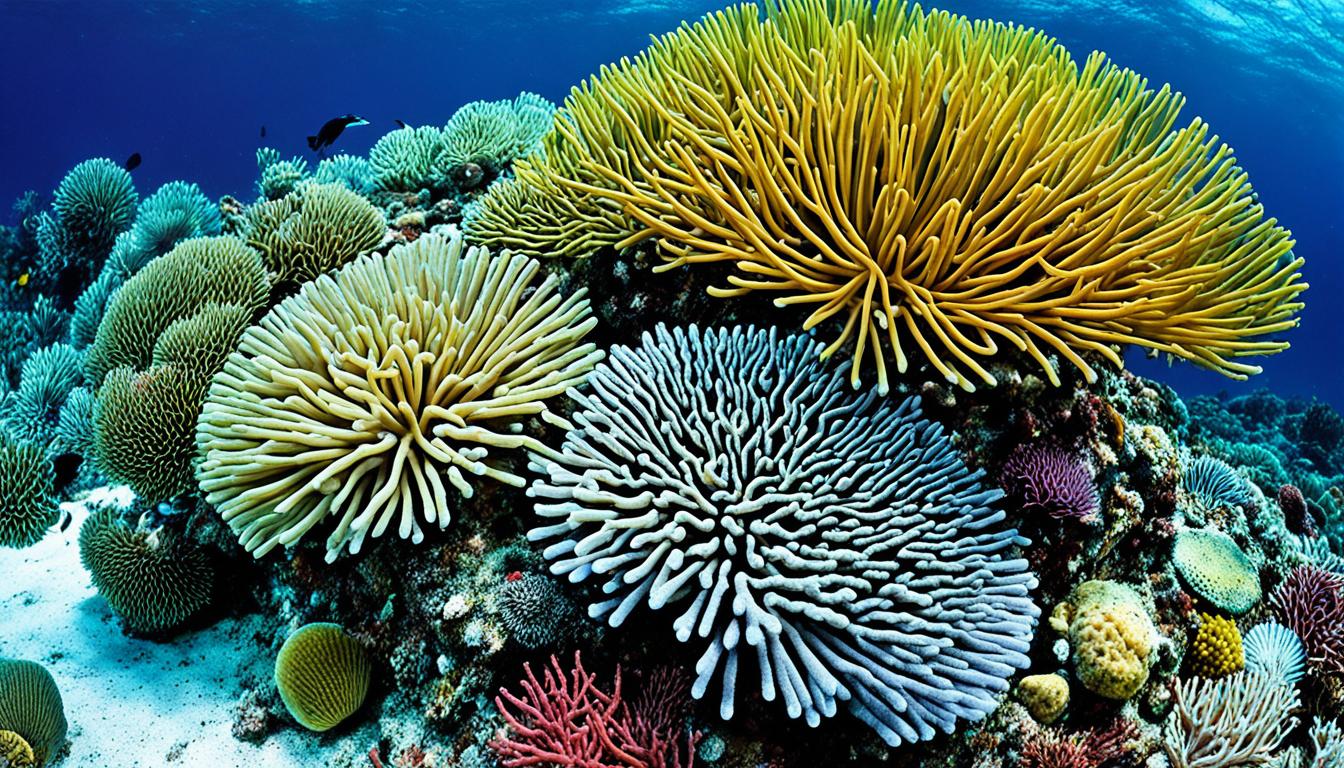In the animal kingdom, there are many different creatures that stand out for their intelligence. This list looks at the smartest animals around, based on various factors such as problem-solving abilities, tool use, and social cunning.
Some of the contenders will be familiar, such as squirrels and dolphins. Others may surprise you, like the octopus – a largely solitary creature that is nonetheless capable of complex thought.
So which animals made the cut?
Rats
- Scientific name: Rattus
- Animal type: Omnivores
- Diet: vegetables, seeds etc
It is no accident that rats have been used as laboratory research animals for many years. Despite the fact that their brains are small and somewhat underdeveloped, their minds function in an extraordinarily similar manner to humans, and their brain structure is also analogous to humans. They have the ability to navigate mazes, memorize routes, and do difficult multi-step activities. They are highly intelligent. Rats are also highly social creatures.

They begin to show signs of depression and loneliness when they are left alone for an extended period of time. Rats are thought to be among the smartest animals on the planet because of how they think and interact with each other.
Pigeon
- Scientific name: Columbidae
- Animal type: herbivores
- Diet: grains, leafy vegetables, grasses
Pigeons, who are colloquially referred to as “flying rats,” are ranked second on our list, despite the fact that they are ranked first. The reasons for their inclusion in this list, on the other hand, are rather different. Pigeons have been shown to be able to detect their own reflection, demonstrating a sophisticated sense of self-awareness.

The ability to recognize certain people and places over a period of months or even years has been demonstrated by them. Pigeons and other animals can recognize all the letters of the English alphabet and can even tell the difference between two people in a photo.
Pig
- Scientific name: Susscrofa domesticus
- Animal type: herbivores
- Diet: grasses, vegetables
Pigs narrowly beat out dogs for the top spot in our ranking of the ten brightest animals. While dogs have an intelligence similar to that of a toddler, pigs have an IQ that is significantly higher. They are able to comprehend the concept of reflection at only six weeks of age, but it takes human youngsters many months to grasp the concept of reflection.

Pigs also have roughly 20 different noises that they use to communicate with one another, and mother pigs sing to their young when they are feeding them a meal. Pigs are able to recognize and respond to emotions, and they can even demonstrate empathy when the situation calls for it, which is an exceedingly rare characteristic in the animal kingdom.
Octopus
- Scientific name: Octopoda
- Animal type: carnivores
- Diet: aquatic insects
Among the world’s most intelligent animals, the octopus is the only invertebrate to make our list of the most intelligent animals on the planet. In captivity, captive octopi have been reported to use high-order planning with multiple steps to escape from imprisonment, and others have been observed to purposely harm objects outside of their tank by constantly splashing water upon them.

They have even been known to toss rocks against the glass and have been successful in opening jars with screw-on tops. These cephalopods are deceivingly intelligent creatures!
African Grey Parrot
- Scientific name: Psittacus erithacus
- Animal type: herbivores
- Diet: plant matter, grasses, leafy vegetables
On this list of the most intelligent animals, the African Grey Parrot gets the top rank among the avian species. These parrots, which are estimated to be as intelligent as a five-year-old human, can not only acquire human speech but can also master an extremely broad vocabulary (up to hundreds of words). Furthermore, African greys are capable of spatial reasoning, can recognize and identify shapes and colors, and can even be taught the links between bigger and smaller, different and alike, and over and under, among other things.

The African Grey Parrot is a popular pet that may be found all over the world in a domesticated state, although they are native to the rainforests of central Africa and are therefore considered endangered.
Elephants
- Scientific name: Elephantidae
- Animal type: herbivores
- Diet: grasses, vegetables, fruits
Elephants are often praised for their long-term memory, but they are also among the most intelligent animals on the planet. There has been evidence of elephants partaking in burial rites for deceased members of their families as well as lamenting their loss, indicating that they have a complex social structure. Similarly to humans, elephants utilize tools and self-medicate; they will ingest the leaves of particular plants to alleviate illness and even induce delivery! In addition, they are one of the very few animals capable of performing altruistic acts.

The majority of animals do not have the ability to process the abstract reasoning required for such acts. Elephants will sacrifice themselves if they believe that doing so will help the rest of the herd or their children flee to safety in a safer environment.
Chimpanzees
- Scientific name: Pan troglodytes
- Animal type: omnivores
- Diet: vegetables, fruits and meat
On this list of the most intelligent animals, our closest genetic relative, the chimpanzee, comes in third place. Chimpanzees and humans are related because they share 98 percent of the same DNA. They are only found in sub-Saharan Africa. They are skilled tool users, and it has been observed that chimps improvise tools from readily available materials in order to create what they require. These giant apes also employ psychological strategies, and within their own families, they will persuade others to complete specific duties on their own time.

Among the many interesting facts about chimpanzees is the discovery by scientists of adult members of a family unit who were teaching their young sign language to their young. One of the most interesting things about that discovery was that it happened without any help or encouragement from humans. Instead, the chimps taught the young ones sign language, which they then used to talk to each other.
Dolphins
- Scientific name: Delphinus
- Animal type: carnivores
- Diet: small fishes
Despite the fact that there are over eight species of dolphin, only the bottlenose dolphin was included in this list. They have the highest brain size of any of their cousins, and they are the only dolphins who do not have fused cervical vertebrae, which allows them to make nodding motions with their heads that are similar to those made by humans.
Apart from being easily trainable, dolphins are also capable of recognizing themselves in mirrors, noticing strange marks on their bodies in reflections, recognizing scenes on television, and possessing a strong memory. Dolphins have been known to recall sounds from a partner even after being apart for more than 20 years. They are simply mind-blowing.

The two most impressive reasons for the bottlenose dolphin’s high ranking on this list are as follows: They have a vocabulary that is unique to their species, but when they encounter other species of dolphin, they convert to a “common language” to communicate. They have even been seen working together with other animals, like humans and false killer whales, to hunt better!
Crows
- Scientific name: Corvus splendens
- Animal type: omnivores
- Diet: Vegetables, fruits, animal meat
Crows are yet another extremely clever animal species that, like the pigeon, has been utilized as a messenger in ancient times. When engaged in fights with other animals, they are capable of employing complex group tactics such as flanking movements. Crows may also learn to communicate verbally, and they have a remarkable memory. Crows have been observed adjusting their migration patterns in order to avoid harmful places, and they have even been shown learning garbage routes and schedules in order to more successfully take a fast bite to eat off garbage trucks!

Crows have the greatest brains of any of the bird species, and they have demonstrated the ability to identify the faces of humans. Despite the fact that they lack hands and limbs, they can use tools; in fact, the New Caledonian crow creates a knife to help it remove leaves and grass from one another. This same species also uses a hook and line to obtain food from difficult-to-reach locations.
Domestic cats
- Scientific name: Felis catus
- Animal type: carnivores
- Diet: prefer to eat animal meat
Some cats, like domesticated dogs, have been trained to obey instructions and perform tricks such as sitting, rolling, and other tricks on command. Additionally, because of their renowned apathy towards things, cats are less likely than dogs to participate in scientific studies, making them a more difficult subject for investigation.

It is this apparent lack of interest that may actually be a sign of their intelligence. Some sociologists think that the fact that cats are both curious and careful, and that they are completely independent, shows that they are very smart and intelligent.
Squirrel
- Scientific name: Sciuridae
- Animal type: omnivores
- Diet: grasses, fruits, vegetables, fruits, nuts
Because of the squirrel’s tenacity, memory, and cunning, it has become the arch-enemy of gardeners all over the world. They are essentially woodland animals that have adapted to coexist with humans.

They graze on a variety of sources including bird feeders and whatever else they can get their hands on. It has been noticed that some squirrels in California have covered their fur in rattlesnake scent in order to conceal their own scent from predators. In addition, when storing their food for the winter months, squirrels sometimes develop elaborate pretenses of hiding food in order to fool would-be burglars, which is another indication of their sophisticated brain.
You can also see Mark Robers Squirrel Maze and how he “trains” them. (Look Below)
Raccoons
- Scientific name: Procyon lotor
- Animal type: omnivores
- Diet: Leafy vegetables, fruits, grasses
Raccoons, who are sometimes ignored when considered the smartest animals, are renowned for their lock-picking abilities and for their ability to retain answers to problems for long periods of time. Researchers at the University of Wyoming conducted a study in which they provided raccoons with pebbles and a jug of water containing marshmallows.

The results were positive. Half of the raccoons worked out that they could raise the level of the water in the jug by adding pebbles to it, allowing them to reach the marshmallows. That’s some fairly complicated problem solving, and it would test even the most talented young person.
Dogs
- Scientific name: Canis lupus familiaris
- Animal type: omnivores
- Diet: Fruits, vegetables, meat
Dogs are fantastic companions for people in a variety of situations. Dogs have been evolving alongside humans since ancient times (previously wolves). They have an inborn drive to please their owner, which makes them both helpful and beneficial. While some experts believe that dogs are just reacting to orders because they have been trained to do so, others believe that dogs have a genuine knowledge of what is being done to them.

Some dogs are able to detect the emotions of their owners. For example, if the owner is upset, the dog may go to their support and provide consolation.
Orangutan
- Scientific name: Pongo
- Animal type: omnivores
- Diet: Fruits, vegetables,
After humans, the big apes are believed to be the most intelligent species on the planet. Without a doubt, humans are prejudiced in this aspect, but the big apes’ intellectual capability is impossible to argue. After all, we have more than 96% of the same DNA. Orangutans come out to be very bright in terms of cognitive ability and reasoning. In reality, they are comparable to humans in that they can evaluate the costs and advantages of exchanging things.
Orangutans have a well-developed culture and communication system, and several have been spotted in the wild utilising objects as tools. In one research, adult orangutans outperformed youngsters when it came to the construction and use of tools. Despite the fact that they live in widely dispersed colonies, these clever creatures develop deep social links, which could be the secret to their outstanding cognitive abilities.
Otters
- Scientific name: Lutrinae
- Animal type: carnivore
- Diet: urchin, crabs
Otters are more than simply lovable creatures with adorable looks. They’re sociable creatures with complicated social systems and a deep sense of curiosity about the world around them. Otters will be members of two different social groups: families and clans, each of which will have their own set of rules. In the wild, families are made up of moms and their children, who join together to protect themselves from enemies and gather the supplies they need to thrive.

Clans are groups of male adults who will only rejoin their family when it is time to mate and will not come back to their families otherwise. Otters use a special way to talk to each other called olfaction. This is how they let each other know where their territory is. When they dig, they will smear their scent on their bedding, rolling and den sites, digging and haulout areas.
Whales
- Scientific name: Cetacea
- Animal type: carnivore
- Diet: small fish, crustaceans
Whales (e.g. humpback whales) have more cerebral convolutions and surface area than humans, indicating that they are intelligent. Even though these titans of the deep ocean have the biggest brains on the globe, this doesn’t always mean that they are the wisest creatures on the planet. The brain of an adult male sperm whale measures around 488.19 cubic inches in size, whereas the brain of human measures just 79.33 cubic inches.

When compared to the hippopotamus, the whale’s closest land-dwelling relative, experts think that the whale’s need to communicate well and its constant desire to socialize have allowed its intelligence to grow a lot over time.
Horses
- Scientific name: Equus caballus
- Animal type: herbivores
- Diet: grasses and leafy vegetables
Horses have an intellect comparable to that of a dog, and they are notable for their ability to identify and follow the verbal and visual signals they get from people. Horses are intelligent enough to understand and remember complicated sequences, which is frequently exhibited in equestrian contests. When interacting with other horses, these magnificent creatures prefer to utilize their ears and body movements to convey their messages to one another.

Aside from that, horses have outstanding memories, which are typically used for memorizing and preventing painful situations. Horses are readily traumatized due to their capacity to remember terrible memories for years.
Jumping Spider
- Scientific name: Salticidae
- Animal type: omnivore
- Diet: nectars, pollens
Jumping spiders are solitary creatures; it is one of the smallest species on the planet to possess such a high level of intellect. Despite the fact that they have little brains, they exhibit behaviour that is expected of much larger organisms. Especially remarkable is the fact that a jumping spider on the hunt would create complex sneak assaults on other spiders, which are its prey.

After that, the spider goes about its business, finding its prey even if the other spider goes into the cover. The fact that they engage in such complex hunting activities has led some scientists to claim that they exhibit “true intelligence.”
Ants
- Scientific name: Formicidae
- Animal type: omnivore
- Diet: fruits, vegetables, meat
Despite the fact that they are quite small in size, they are renowned for their intellect. Ants have the ability to resist disasters that would completely wipe out other species. Furthermore, they are constantly seen coordinating with one another in large groupings. Once again, they are able to readily adapt to their new surroundings. They are capable of wandering far from their nest while still navigating and determining the shortest route to return to it.

Apart from that, they have the capacity to learn from their earlier experiences. In this way, they are able to gain complex navigational abilities, which they put to use anytime they wander far from their nests searching for new food sources.
Are Apex Predators Considered as Some of the Smartest Animals in the World?
Apex predators in the natural world are often regarded as some of the smartest animals on the planet. Their exceptional hunting skills and ability to strategize make them formidable creatures. Ranging from big cats like lions to marine titans like killer whales, these apex predators demonstrate remarkable intelligence in their pursuit of prey. Their survival instincts, adaptability, and intricate social structures contribute to their reputation as extremely intelligent creatures in the animal kingdom.
Goats
- Scientific name: Capra aegagrus hircus
- Animal type: herbivores
- Diet: grasses and leafy vegetables
Adapting to life in the wild in mountainous regions where food was scarce and predators posed a constant threat, goats developed the type of intellect that allowed them to survive. As a result, they have excellent discernment and learning skills, which will aid them in their search for food. Their keen brains and strong senses enable them to escape being preyed upon by predators.

In spite of the fact that goats do not appear to be the most loveable animals, researchers have discovered evidence that they are as intelligent as dogs. The goats are emotionally connected to people like any of the other domesticated animals we have accepted into our hearts and homes.









